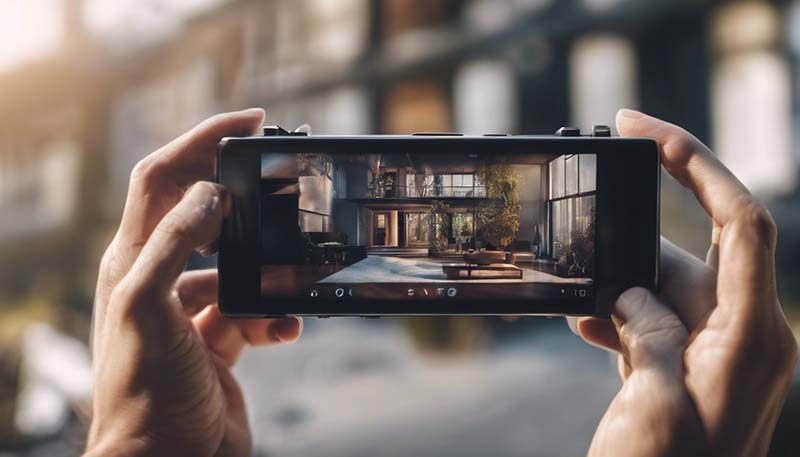Virtual Reality in Real Estate: A Game Changer?
Virtual reality (VR) has been making waves across various industries,and real estate is no exception.With the ability to transport users to different locations and immerse them in realistic environments,VR is poised to revolutionize the way properties are bought and sold.This article explores the potential of VR in real estate and discusses whether it can be considered a game changer for the industry.
The Current State of Real Estate
Traditionally,the real estate process involves physically visiting properties,which can be time-consuming and inconvenient for both buyers and sellers.Real estate agents often provide potential buyers with floor plans and photographs,but these 2D representations can only convey so much information.The inability to experience a property before purchase can lead to disappointment and costly mistakes.
Introducing Virtual Reality
Virtual reality offers a new dimension to property viewing by allowing users to experience a property as if they were actually there.With a VR headset,buyers can walk through a home,examine the layout,and even visualize how furniture might fit.This immersive experience can provide a much clearer picture of what it's like to live in a space,which can be particularly useful for those looking to purchase a property in a different city or country.
Benefits of VR in Real Estate
- Time and Cost Efficiency: VR allows buyers to view multiple properties in a single session,saving time and travel costs.
- Accessibility: For those with mobility issues or other constraints,VR can make property viewing possible where it previously wasn't.
- Decision-Making: Immersive experiences can lead to better-informed decisions,as buyers have a more accurate understanding of the space.
- Marketing Tool: Sellers and real estate agents can use VR as a unique marketing tool to attract potential buyers.
- Remote Transactions: VR can facilitate the buying process for those who cannot physically be present,enabling remote transactions.
Challenges and Limitations
While VR holds great promise,there are challenges that need to be addressed:
- Technology Access: Not everyone has access to VR headsets,
 which could limit the technology's reach.
which could limit the technology's reach. - Realism and Accuracy: The quality of VR experiences can vary,and some may not accurately represent the property.
- Learning Curve: Users may need time to adapt to VR interfaces and navigation.
- Social Interaction: VR is a solitary experience,which could be a drawback for those who prefer to view properties with friends or family.
The Future of Real Estate with VR
As technology advances and becomes more accessible,the role of VR in real estate is likely to grow.We may see a future where VR is not just an additional tool but an integral part of the property buying and selling process.Here are some potential future developments:
- Enhanced Realism: Improvements in VR technology will lead to more realistic and detailed property simulations.
- Integration with Other Technologies: VR could be combined with AI and machine learning to offer personalized property recommendations.
- Shared Experiences: Developments in multi-user VR environments could allow for group property viewings and discussions.
- Post-Purchase Support: VR could be used not just for buying but also for interior design,space planning,and even property management.
Conclusion
The impact of virtual reality on the real estate industry is still unfolding,but it's clear that VR has the potential to change the way we experience and interact with properties.While there are challenges to overcome,the benefits of VR in terms of convenience,accessibility,and decision-making support are compelling.As the technology matures and becomes more widely adopted,it's not unreasonable to consider VR as a game changer for the real estate industry.
Comment